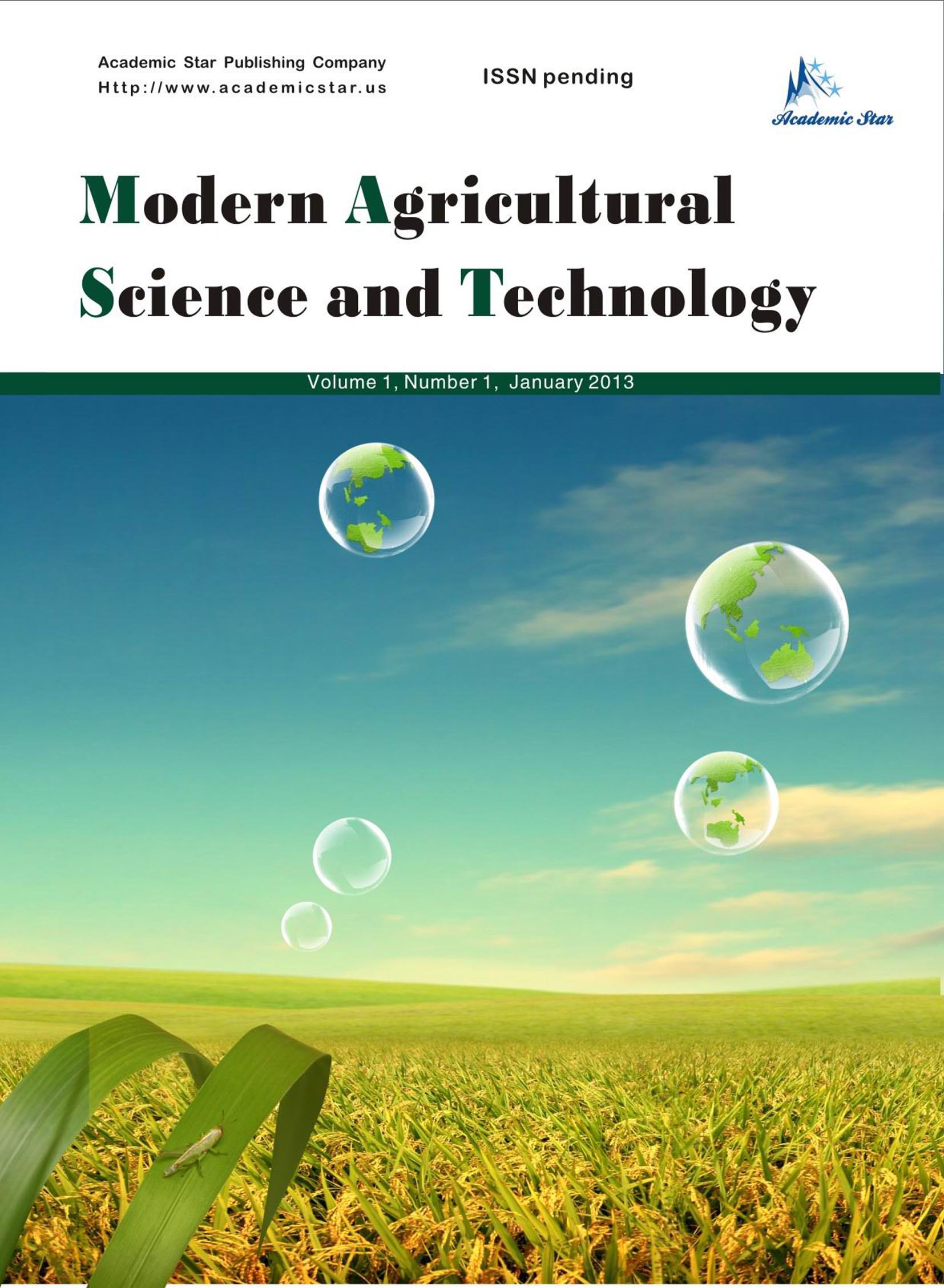
- ISSN: 2375-9402
- Modern Agricultural Science and Technology
Agricultural Zoning and Recommendation of Pigeon Pea Cultivars in Mozambique
1. Agricultural Research Institute of Mozambique, Northeast Zonal Center, Mozambique
2. Agricultural Research Institute of Mozambique, Centre Zonal Cente, Mozambique
3. Federal University of Viçosa-MG, Bioinformatics Laboratory, Brazil
Abstract: Pigeon pea is one of the important legumes for export and domestic consumption in Mozambique. The objective was to evaluate the performance of the genotypes and to stratify environments for agricultural zoning and subsequent recommendation. The experiments were conducted in the northern region of Mozambique, to evaluate grain yield, in randomized blocks, with three replications and 20 long-maturing genotypes, in the 2016/2017 season in four environments. The results were obtained through the joint analysis and the complementarity of information from the biometric methodologies of Eberhart and Russell, Centroid and GGE-biplot aiming at better use of the significant GXE interaction. A mega-environment (Nampula and Namapa) was observed, of which Namapa district was the most discriminating and representative. The genotypes suggested for a recommendation as cultivars showed average performance. The ICEAP01490 genotype was of specific adaptability to favorable environments (Nametil and Namapa district) and high stability, is recommended for medium to high technology environments and the ICEAP01498 genotype was of specific adaptability to unfavorable environments (Nampula and Montepuez district), is recommended for low technology environments. The ICEAP01409 genotype can be indicated for a general recommendation. The ideal genotype with high mean, general adaptability and high stability was not observed, suggesting evaluations in more environments.
Key words: Cajan cajan, environment, adaptability, stability






